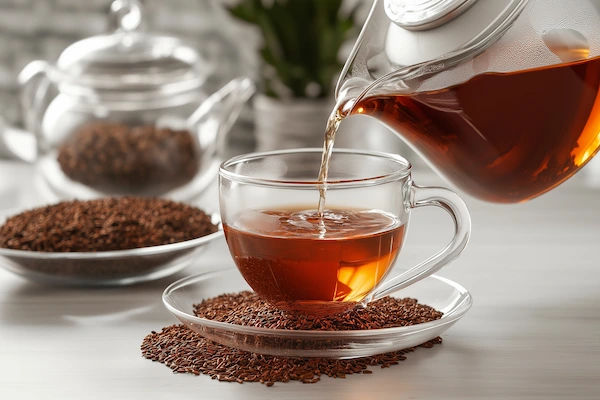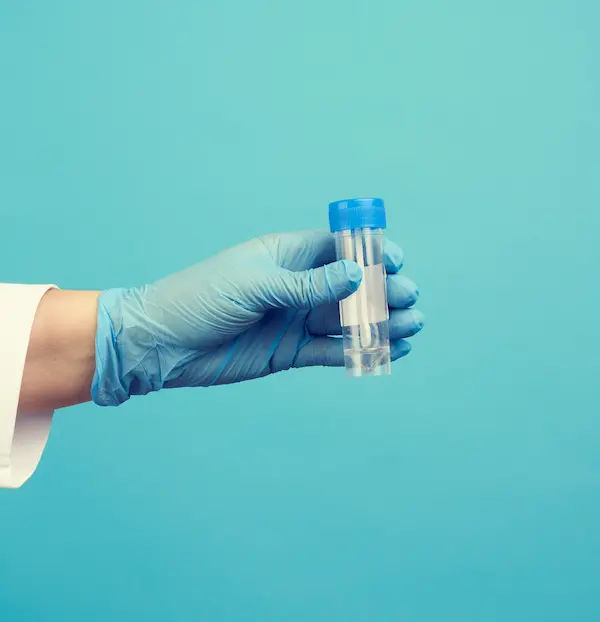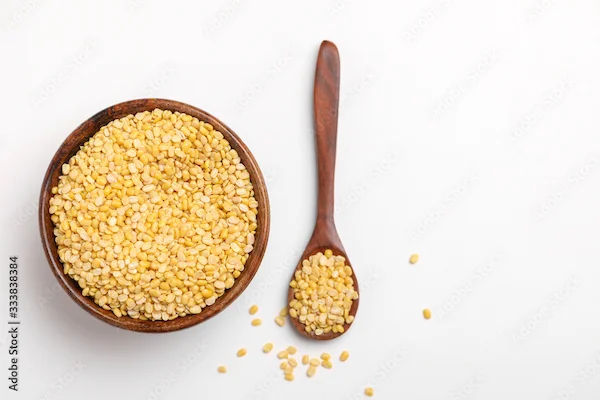Understanding High Blood Sugar Causes
Explore the common causes of high blood sugar, including diet, lifestyle, medical conditions, and stress, and learn ways to manage and prevent spikes effectively.

Written by Dr. Siri Nallapu
Reviewed by Dr. J T Hema Pratima MBBS, Fellowship in Diabetes Mellitus
Last updated on 13th Jan, 2026

Introduction
High blood sugar, also known as hyperglycaemia, is a common health concern that affects millions of people worldwide. If left unmanaged, it can lead to serious complications like diabetes, heart disease, and nerve damage. But don’t worry; understanding the causes can help you take control of your health.
In this article, we’ll explore the key reasons behind high blood sugar, how it affects your body, and simple lifestyle changes that can help you manage it better.
What Is High Blood Sugar?
Blood sugar (or glucose) is the main source of energy for your body. It comes from the food you eat, especially carbohydrates. Insulin, a hormone produced by the pancreas, helps your cells absorb glucose for energy.
When your body doesn’t produce enough insulin or can’t use it effectively, glucose builds up in your blood, leading to high blood sugar.
Normal vs. High Blood Sugar Levels
- Normal (fasting): 70–99 mg/dL
- Prediabetes (at risk): 100–125 mg/dL
- Diabetes: 126 mg/dL or higher (on two separate tests)
Consult a Diabetologist for the best advice
Common Causes of High Blood Sugar
Several factors can contribute to elevated blood sugar levels. Let’s break them down:
1. Poor Diet Choices
Eating too many sugary or refined-carb foods (like white bread, pastries, and soda) can cause sudden spikes in blood sugar. Processed foods with hidden sugars can also contribute.
Tip: Opt for whole grains, fibre-rich foods (vegetables, fruits, beans), and lean proteins to keep blood sugar stable.
2. Lack of Physical Activity
Exercise helps your muscles use glucose for energy, lowering blood sugar levels. A sedentary lifestyle can lead to insulin resistance (when cells don’t respond well to insulin).
Tip: Aim for at least 30 minutes of moderate exercise (walking, cycling, yoga) most days.
3. Stress and Hormonal Changes
Stress triggers the release of cortisol and adrenaline, which can raise blood sugar. Hormonal changes (like during pregnancy or menopause) can also affect insulin sensitivity.
Tip: Practice relaxation techniques like deep breathing, meditation, or a hobby you enjoy.
4. Insufficient Sleep
Poor sleep disrupts hormones that regulate appetite and blood sugar, leading to higher glucose levels.
Tip: Aim for 7–9 hours of quality sleep each night.
5. Certain Medications
Some medications (like steroids, diuretics, or beta-blockers) can increase blood sugar. Always check with your doctor about side effects.
6. Medical Conditions
Conditions like polycystic ovary syndrome (PCOS), pancreatitis, or Cushing’s syndrome can affect insulin production and lead to high blood sugar.
7. Dehydration
When you’re dehydrated, glucose becomes more concentrated in the blood.
Tip: Drink plenty of water throughout the day.
8. Skipping Meals or Irregular Eating
Skipping meals can cause blood sugar to drop too low, followed by a rebound spike when you eat later.
Tip: Eat balanced meals at regular intervals.
How High Blood Sugar Affects Your Health
If high blood sugar persists, it can lead to:
- Type 2 diabetes (if prediabetes is not managed)
- Fatigue and frequent thirst/urination (as the body tries to flush out excess glucose)
- Nerve damage (neuropathy) – tingling or numbness in hands/feet
- Vision problems (diabetic retinopathy)
- Increased risk of infections (slow wound healing)
- Heart disease and kidney damage
Simple Ways to Manage High Blood Sugar
Easy and effective ways to control high blood sugar:
1. Eat a Balanced Diet
- Choose low-glycaemic foods (whole grains, nuts, leafy greens).
- Limit sugary drinks and processed snacks.
- Include healthy fats (avocados, olive oil) and lean proteins (chicken, fish, tofu).
2. Stay Active
- Even a short walk after meals can help lower blood sugar.
3. Monitor Your Levels
- If you’re at risk, check your blood sugar regularly with a glucometer.
4. Manage Stress
- Try mindfulness, yoga, or talking to a friend.
5. Stay Hydrated
- Water helps kidneys flush out excess sugar.
6. Get Regular Check-ups
- Visit your doctor for routine blood tests to catch any issues early.
When to See a Doctor
Consult a healthcare provider if you experience:
- Frequent thirst and urination
- Unexplained weight loss
- Blurred vision
- Slow-healing wounds
- Persistent fatigue
Final Thoughts
High blood sugar doesn’t have to control your life. By understanding its causes and making small, positive changes, you can maintain better health and reduce risks. Remember, you’re not alone; millions manage this condition successfully every day.
Consult a Diabetologist for the best advice
Consult a Diabetologist for the best advice

Dr. Vijaykumar G
Diabetologist
0 Years • MBBS, Dip. In Diabetes
Chennai
Apollo Speciality Hospitals, Teynampet, Chennai
(25+ Patients)

Dr. Zulkarnain
General Physician
2 Years • MBBS, PGDM, FFM
Bengaluru
PRESTIGE SHANTHINIKETAN - SOCIETY CLINIC, Bengaluru
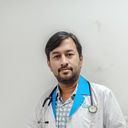
Dr Abilash Jain
General Physician/ Internal Medicine Specialist
12 Years • MBBS,DNB(FM),MNAMS,FIAMS,CCGMG(GERIATRICS),DGM (GERIATRICS),PGCD(DIABETES,BOSTON UNIVERSITY),FID(DIABETICS UK)CCEPC(PALLIATIVE CARE),CCCC(CRITICAL CARE)
Visakhapatnam
Apollo Clinic Vizag, Visakhapatnam
Dr. Sasikamalam
General Practitioner
1 Years • MBBS
COIMBATORE
Apollo Sugar Clinic Coimbatore, COIMBATORE
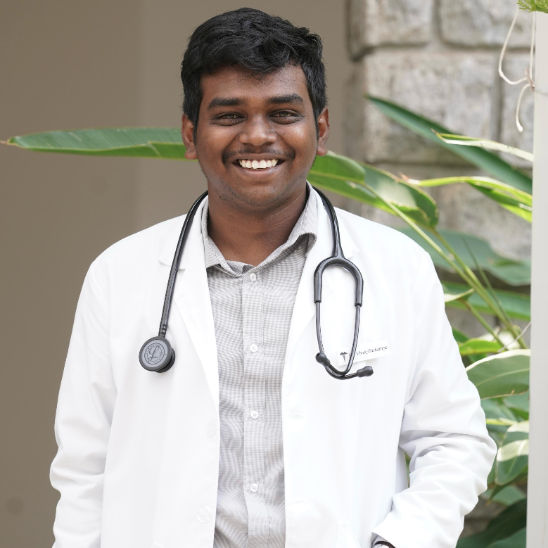
Dr. Vivek D
General Physician
4 Years • MBBS
Bengaluru
PRESTIGE SHANTHINIKETAN - SOCIETY CLINIC, Bengaluru
Consult a Diabetologist for the best advice

Dr. Vijaykumar G
Diabetologist
0 Years • MBBS, Dip. In Diabetes
Chennai
Apollo Speciality Hospitals, Teynampet, Chennai
(25+ Patients)

Dr. Zulkarnain
General Physician
2 Years • MBBS, PGDM, FFM
Bengaluru
PRESTIGE SHANTHINIKETAN - SOCIETY CLINIC, Bengaluru

Dr Abilash Jain
General Physician/ Internal Medicine Specialist
12 Years • MBBS,DNB(FM),MNAMS,FIAMS,CCGMG(GERIATRICS),DGM (GERIATRICS),PGCD(DIABETES,BOSTON UNIVERSITY),FID(DIABETICS UK)CCEPC(PALLIATIVE CARE),CCCC(CRITICAL CARE)
Visakhapatnam
Apollo Clinic Vizag, Visakhapatnam
Dr. Sasikamalam
General Practitioner
1 Years • MBBS
COIMBATORE
Apollo Sugar Clinic Coimbatore, COIMBATORE

Dr. Vivek D
General Physician
4 Years • MBBS
Bengaluru
PRESTIGE SHANTHINIKETAN - SOCIETY CLINIC, Bengaluru

